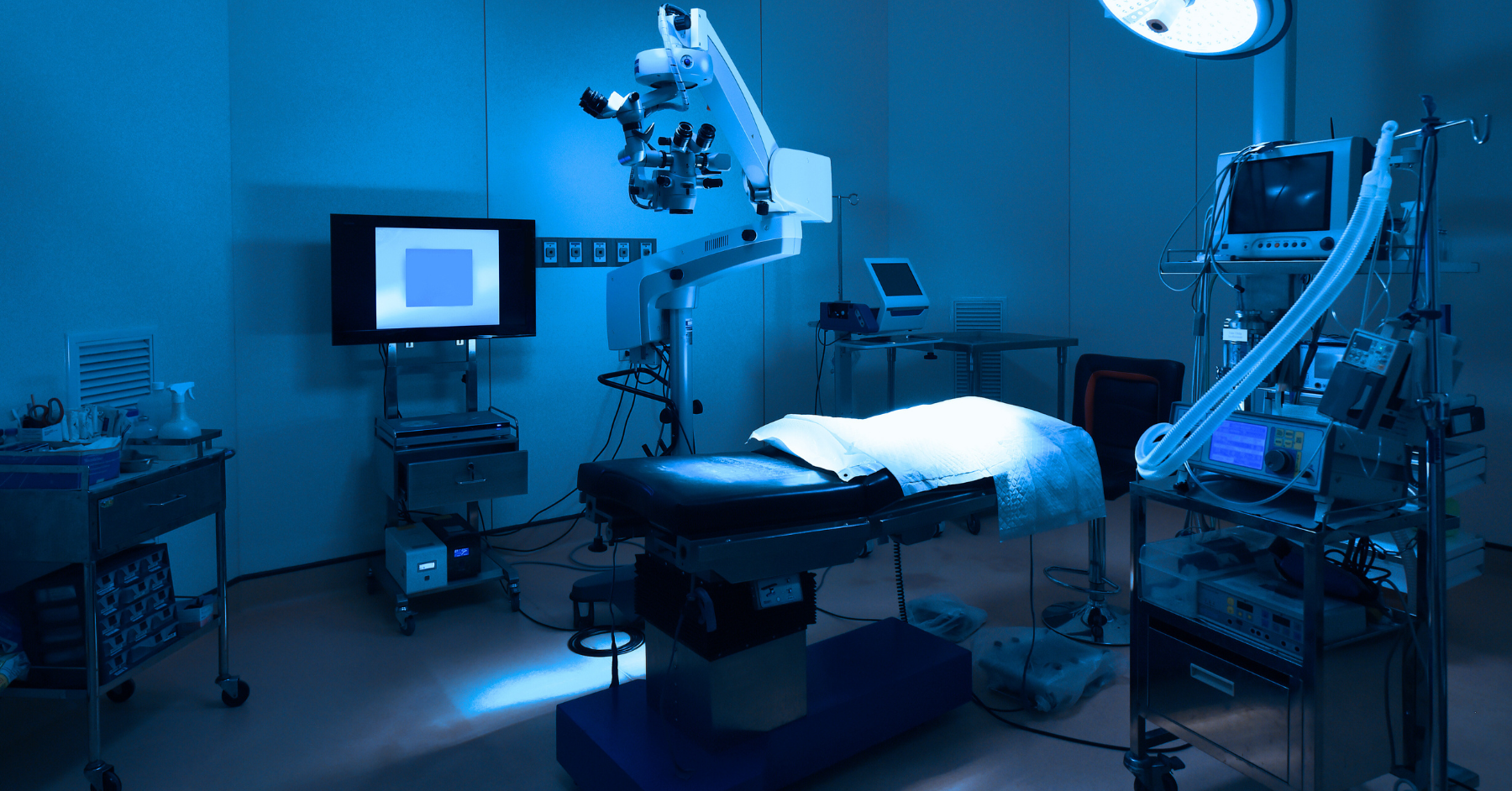
Different Face, Same Evil: The U.S. Medical Device Industry
With The Bleeding Edge, Netflix explores the over $400-billion-a-year medical device industry – “big business” that runs “parallel” to the pharmaceutical industry while remaining “less well-understood”.
Even in the anti-vivisection space, we can attest to there being significantly less discussion of the ills of the medical device industry, which exploits countless other-than-human animals while growing faster and wielding more power than the pharmaceutical industry.
That said, almost everything we have uncovered about the U.S. drug industry applies equally to the medical device industry, leading to the conclusion that both are merely two faces of the same evil.
Indeed:
- Both are “regulated” by the FDA, which relies on a system that “doesn’t work for proper regulation” and has been “captured by industry”.
- Both share some of the same big names (like Johnson & Johnson and Bayer).
- Both have their research funded primarily by industry players (i.e., for-profit corporations with vested financial interests in the very research they’re funding). (Say The Bleeding Edge commentators: “They’re paying for the research, so naturally we’re going to get the results that they want to share.”; “[I]f the science or the medicine isn’t jiving with the marketing, the marketing is always going to win out. Always.”; “It’s fine for you to shout about the benefits or overstate the benefits of a treatment. The minute you raise concerns that something might not be working as well as it should, you are often criticized.”)
- Both enjoy a “revolving door” with the FDA. (“Leave the federal agency, get a cozy job with industry, revolve back into a government position.”)
- Both wield tremendous political power. (As a The Bleeding Edge commentator shares: “The medical device industry has incredible levels of influence in Washington D.C.”, providing monetary contributions “that are used to secretly fund political campaigns” and “think tanks and patient advocacy groups that can go to Congress and make the case for them”.)
And, yet, one of the most fundamental and critical similarities of all lies beyond the documentary’s scope: both the drug and medical device industries are part and parcel of the animal research industry.

Not only (as we mentioned above) are both industries subject to FDA regulation – which used to explicitly require, and now effectively requires, animal research – but both continue to utilize and defend vivisection despite devastating and irremediable failures in translation from animal studies to human outcomes.
Indeed, if there is a difference to be had, it may lie in the intractability of this resistance: even in the face of “a growing recognition” that human-relevant, non-animal methods (such as in vitro testing) “can be more effective, both in terms of cost and time, and also more reliable”, the medical device sector has been even slower than others to consider non-animal methods.
Perhaps we should have expected this – i.e., that greater financial and political power would translate into even greater complacency and even lesser interest in saving (or, really, not harming) lives, regardless of species?
The Bleeding Edge demonstrates how medical device companies pull out all the stops (including utilizing a FDA loophole) to rush their products to market and, then, resist recalling their devices regardless of the harm being caused.
It includes footage of government regulators approving a medical device application for human use without having access to basic safety information and, then, literally chuckling at the prospect of getting a slap on the wrist if harm results to human users.
It showcases how “corporate influence has reached a point that might seem comical were patients’ [and animals!] lives not being wrecked.”
And, it adds to the chorus of calls for change in protection of the health of all.